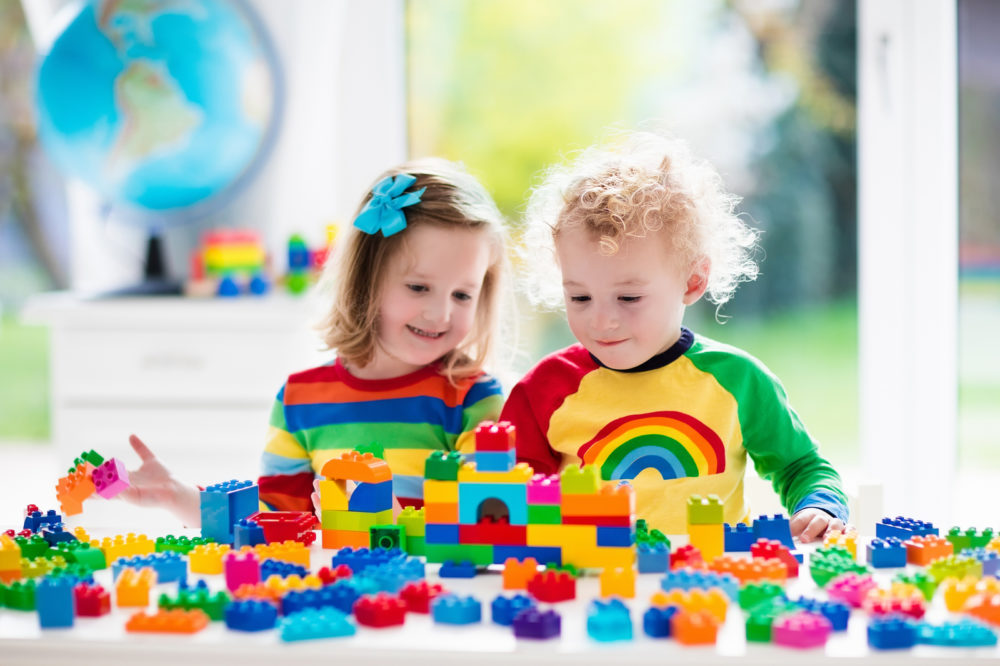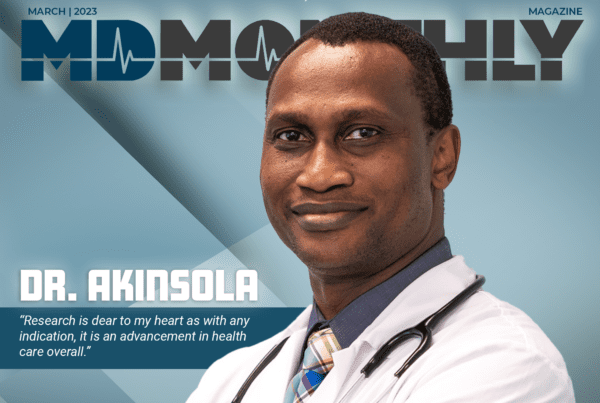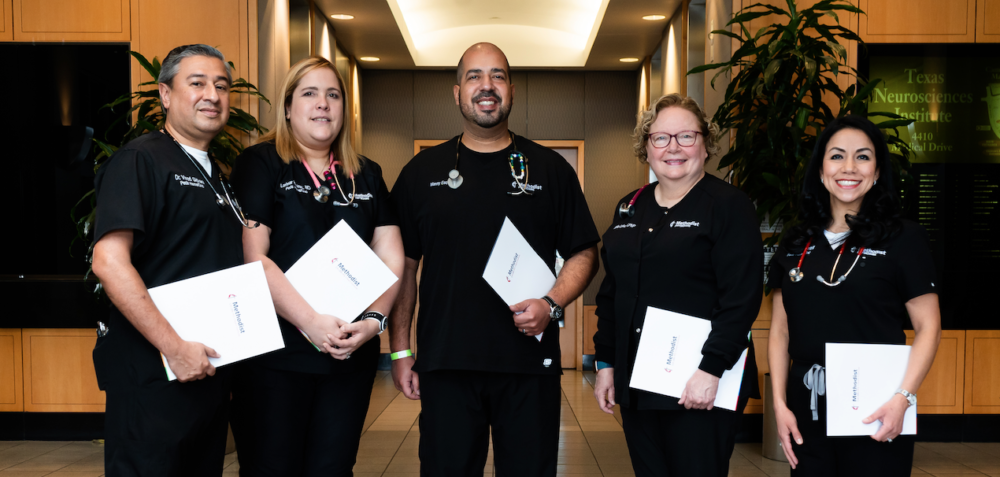The truth is every child develops at their own pace and Baylor Scott & White Georgetown Central Clinic Family Medicine Physician, Candida Suffridge, M.D., Ph.D, explains how a child grows and develops over time. The well check is a time to discuss and monitor this as well as so many other developmental factors for a child. It is important to schedule your child’s well check now instead of waiting until just before school starts.
Growth
Growth refers to physical measures, while development refers to gaining functional skills during childhood. Medical professionals track the growth of your infant at well child visits. They look for early signs of health and progression.
“During the first months of life, weight gain serves as an important indicator of the child’s general wellness,” says Dr. Suffridge.
These are good indicators to see if your child is growing properly in the first year of life. As your child gets older, you will continue to attend yearly well-child visits, and your doctor will be able to assess the continued growth of your child.
During this period of childhood growth, it is important that you keep an eye on your child. If you are concerned, Dr. Suffridge suggests taking your child to see a pediatrician to ease any of your worries.
“The pediatrician makes an assessment as to whether there is cause for concern,” she says. The doctor can see your child’s growth over time, answer any questions you have, and even perform developmental screenings, if needed.
Development
As your child grows, he will begin to develop functional skills. You may cheer when your child first lifts his head, and the excitement continues as he sits up, learns to crawl and takes his first step.
These major milestones are part of growing up, and will happen naturally as your child gets comfortable and aware of his body and the world around him.
Dr. Suffridge outlines five areas of development, and explains that some children may have an isolated delay in one particular area. For example, your child may be ahead in gross motor skills but lacking in social development. This is important to identify early on so it can be corrected or treated quickly before the child develops further delays.
As a parent, it is important to be aware and attentive, but to avoid putting too much pressure on your small child. Dr. Suffridge says your child may need a little encouragement, but in time he may catch up with his peers and you might never notice a problem later.
The Five Areas of Development
As your child grows, you will notice development in five main categories.
These five areas of development include:
1. Gross motor—Major body movements
2. Fine motor/adaptive—Involving the small muscles of the body
3. Personal/social—Interacting with others
4. Language—Communicating and verbalizing
5. Cognitive—Brain skills allowing us to think, remember and learn
Gross Motor Skills
Motor development starts with the head and moves down the body. Dr. Suffridge says this is in line with the maturation of the brain. “There has to be neck control before sitting can be achieved,” she explains. Gross motor skills can be easily observed on a play structure or other area where children can have room to move around.
Fine Motor Skills
Fine motor skills require the small muscles of the body to work together. Cutting a paper with scissors doesn’t come easy the first time around, and these muscles require practice and repetition. You can do fine motor activities with your child to help him develop in this area and focus on small tasks like picking up a Cheerio, coloring, buttoning or tying his shoes.

Personal/Social Skills
As your child develops and goes out into the world, you will see signs of interaction. During the early stages of development, you will notice your baby responding to your voice or recognizing your face. As he grows, he will play alongside other children. This is called parallel play, and is a common step before your child actually plays with or engages with his playmate. In time, they will pretend play together and start to form bonds and positive associations with others.
Language Skills
Although your child may not say his first word for a long time, his language understanding begins early on. You will start to notice a difference in the way he cries, and you will hear his voice develop as he babbles and strings together sounds. It is always fun to hear their first word, and soon after your child’s language will expand dramatically.
Cognitive Skills
The brain is behind most of these developmental skills, but cognitive skills specifically focus on how a child thinks, remembers and learns. You will see your child’s mind and understanding grow over time. It starts with simple games like peek-a-boo, and soon your child will recognize shapes, colors and categories.
“Environmental factors like parental attitudes and actions, socio-demographic factors, and cultural and societal influences can negatively impact development such as skills acquisition in cognitive and language abilities,” says Dr. Suffridge.
Guidelines for Development
Parents have a large role in assisting with the development of their child. If you feel your child is behind in some of these areas, contact your doctor.
Remember, these steps are just guidelines and each child progresses differently.
Many people feel that well-checks are only for vaccines before school but remember well-checks take into account all aspects of your child’s growth and development and it is important to assess that every year and more frequently as an infant. Don’t forget to schedule your well-check now instead of waiting until school is about to start.
For more information on Dr. Suffridge call 512.509.0200 or visit roundrock.sw.org.
Read more expert medical tips and insights on Baylor Scott & White Health’s Scrubbing In, where hands-on health care discussions take place everyday.







Recent Comments